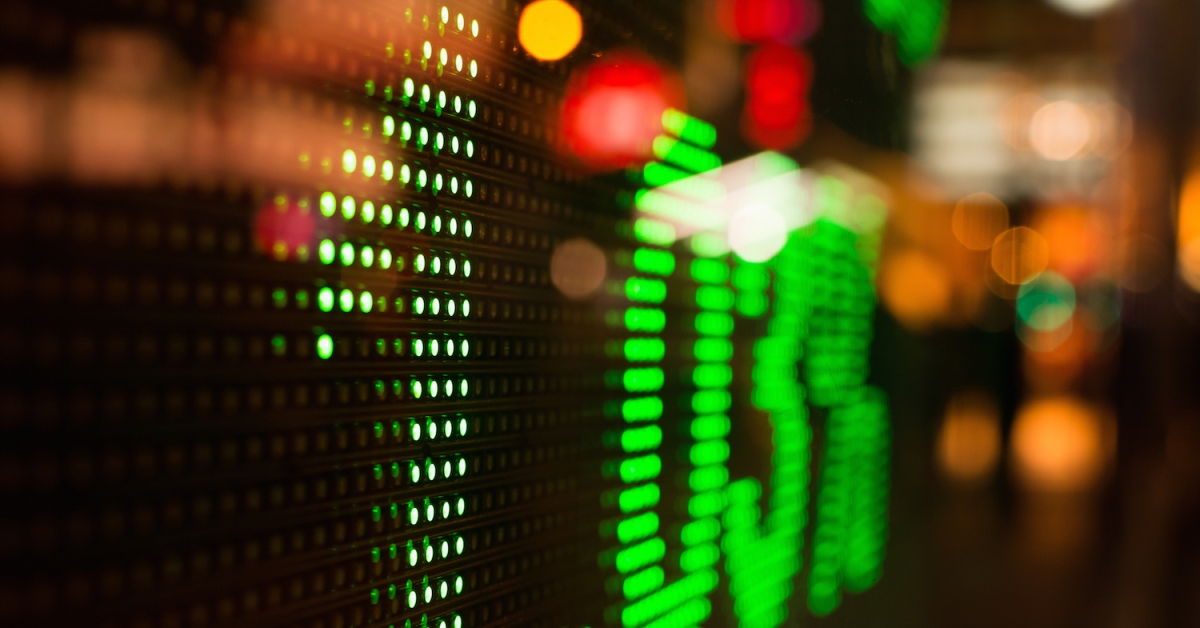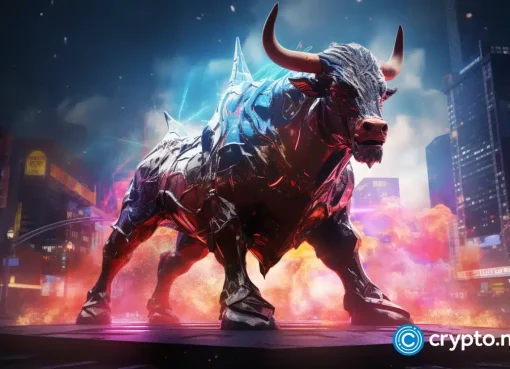Mutual fund titan Bill Miller is talking bitcoin again.
“One of the things that’s interesting about bitcoin is that it gets less risky the higher it goes,” Miller told CNBC Friday. “That’s the opposite of what happens with most stocks.”
Miller continued to describe bitcoin as “a supply-and-demand story” with roughly 900 bitcoins created each day and a swarm of retail and institutional investors scooping up enormous chunks of available supply.
Some of those large investments have come from firms like MicroStrategy, which has scooped up over 70,000 BTC with plans to buy more, and London-based asset manager Ruffer Investment, which dumped $740 million into bitcoin toward the end of 2020.
Payment companies like Square and PayPal are also funneling retail capital into bitcoin. In Q3 2020, for example, Square reported a record $1 billion in bitcoin revenue via its Cash App mobile wallet. PayPal, after announcing its plan to support bitcoin and other cryptocurrencies in October, promptly removed its waitlist for the service less than a month later, citing overwhelming demand.
“For those people who are waiting for the pullback, they got it in the first quarter. You could have bought bitcoin at $4,000 in the first quarter,” Miller noted, referencing bitcoin’s nearly 50% intraday crash in March 2020.
But amid bitcoin’s more than 300% rally in 2020, extended by an additional 40% gain already in 2021, Miller said the price of these returns is the asset’s volatility.
“You have to expect that it’s going to be very, very volatile,” Miller told CNBC. “If you can’t take the volatility, you probably shouldn’t own it. But its volatility is the price you pay for its performance.”
Still, Miller said earlier this week he thinks markets are underpricing bitcoin’s value proposition as a potential inflation hedge, calling it cash’s “rat poison,” a term Warren Buffett famously applied to bitcoin with an entirely opposite connotation.




